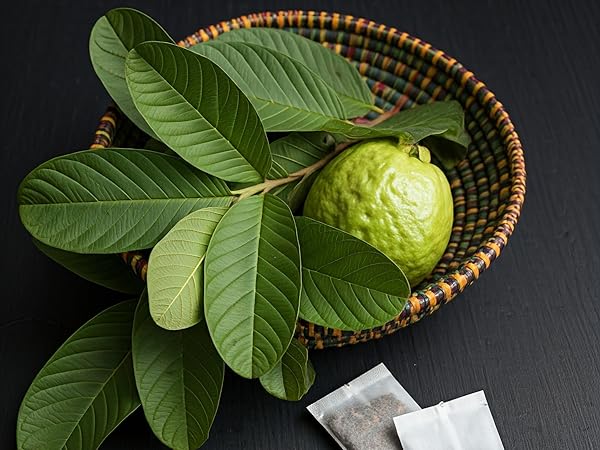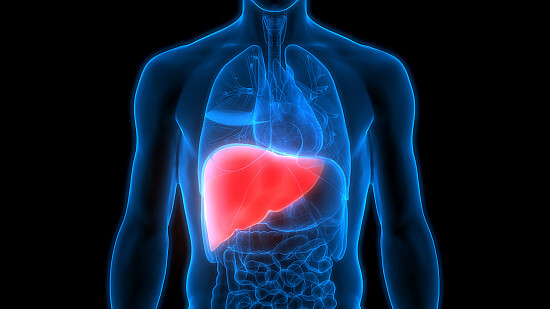Did You Know: Your ŌĆ£Ice CreamŌĆØ May Not Have Any Milk At All!
Fri 31 Mar 2017, 09:11:06

As a consumer you have every right to know what you are buying, and you are entitled to your moneyŌĆÖs worth.
Now, most of us enjoy and are comfortable eating dairy products like ice-creams. So, how would you feel if you learned that the ice-cream youŌĆÖre devouring isnŌĆÖt really a dairy product?
ice-Creams vs frozen desserts
Most brands these days are relying on vegetable oil instead of milk to achieve the desired level of ŌĆ£creaminessŌĆØ in ice creams
The Chilling Truth About Ice Creams
If you find yourself craving a serving of ice-cream after watching an advertisement, just keep in mind that the milky goodness that you see on the television is purely fictional.
Filling ice-cream with commercial vegetable oils has recently turned into quite a common practice. A large variety of brands have started relying on vegetable oils for their standard thickness and consistency.
Vegetable oils include the oil derived from coconuts and the fruit of the oil palm tree. Certain companies utilize oil obtained from corn and rapeseed.
Simply put, vegetable fats are just a cheap way of adding volume to the ice-cream.
As per Indian laws, such products do not classify as ice-cream, but must be labeled as ŌĆśfrozen dessertsŌĆÖ. But are these foods unhealthy and does it hamper the quality and worth of your ice-cream?
Ice-Creams vs Frozen Desserts
An
ice-cream is a product containing a minimum of 10% of milk fat!
ice-cream is a product containing a minimum of 10% of milk fat!
Ice-cream is supposed to be made mainly from milk and dairy fat while frozen desserts are made from vegetable fats and oil.
There is a very fine line dividing frozen desserts from ice-cream, as an ice-cream is a product containing a minimum of 10% of milk fat, according to the Prevention of Food Adulteration Rules, 1955.
The definition of an ice-cream indicates that the product is obtained by freezing pasteurized milk, prepared from milk and/or other products derived from milk.
How Bad Are These ŌĆśFrozen DessertsŌĆÖ For Your Health?
With the recent debate regarding the health benefits of coconut oil, many health organizations advice against the regular consumption of coconut oil, as it contains high levels of saturated fat that could increase the risk of cardiovascular diseases.
Some nutritionists also point out that frozen desserts contain harmful trans fats and saturated fats that are linked with heart disease.
How to Differentiate Between Frozen Desserts and Ice Cream?
Sadly, most consumers do not look closely enough at the labels. The cartons in which these foods are packaged are deceptively similar to those used for ice-creams and it is only when you look closely at the fine print that you find the labeling of ŌĆśfrozen dessertŌĆÖ.
If you want genuine ice-cream, made with milk fats, steer clear of these products.
No Comments For This Post, Be first to write a Comment.
Most viewed from Health
AIMIM News
Latest Urdu News
Most Viewed
May 26, 2020
Do you think Canada-India relations will improve under New PM Mark Carney?
Latest Videos View All
Like Us
Home
About Us
Advertise With Us
All Polls
Epaper Archives
Privacy Policy
Contact Us
Download Etemaad App
© 2025 Etemaad Daily News, All Rights Reserved.






























